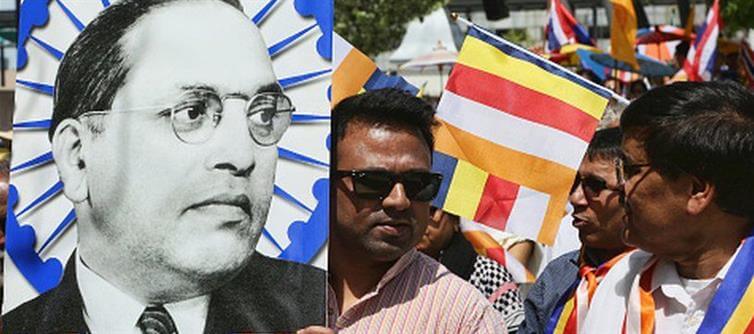
The irony is hard to miss: the more degrees you earn, the more you may be seen as “overqualified” or outside the ambit of benefits. Meanwhile, those with caste-based certifications often receive access to government jobs, subsidies, fee waivers, and other welfare schemes—regardless of their economic standing. What was originally meant to uplift the marginalized has now morphed, in some cases, into a tool for systemic advantage, breeding frustration among general category youth who feel left behind in their own country. Meritocracy is becoming an outdated ideal, especially in the public sector, where competitive exams are just one part of a larger quota game.
India remains perhaps the only country where your caste can matter more than your qualifications. Instead of gradually phasing out reservations as equality improves, the system is expanding them—fueling division, resentment, and a race for caste certifications rather than educational excellence. This deeply entrenched dynamic undermines national progress and social cohesion, replacing the dream of equal opportunity with one of preferential treatment. If india truly wants to build a future driven by innovation, productivity, and fairness, it must have the courage to rethink its approach and ensure that merit and need—not just identity—drive opportunity.




 click and follow Indiaherald WhatsApp channel
click and follow Indiaherald WhatsApp channel